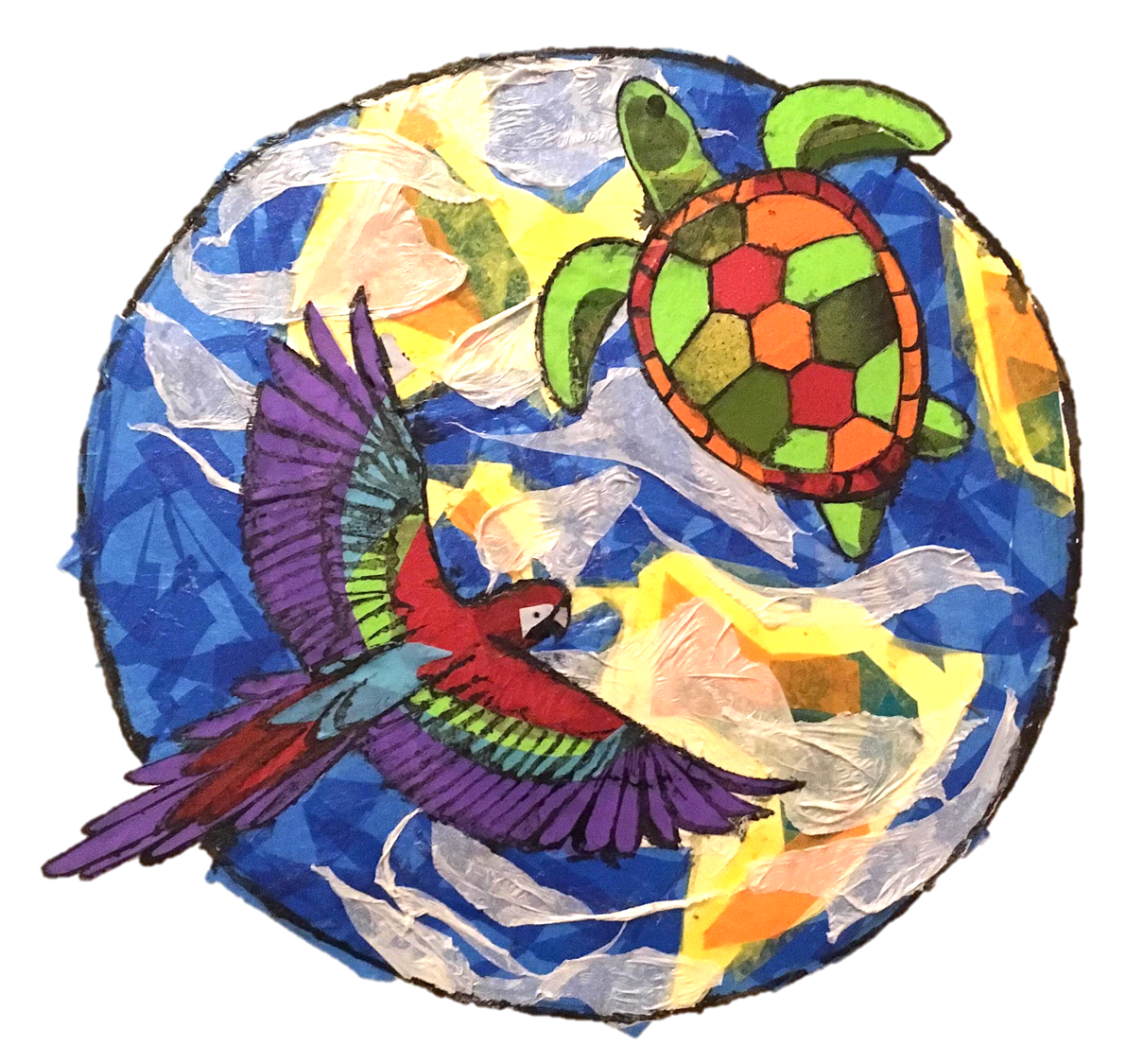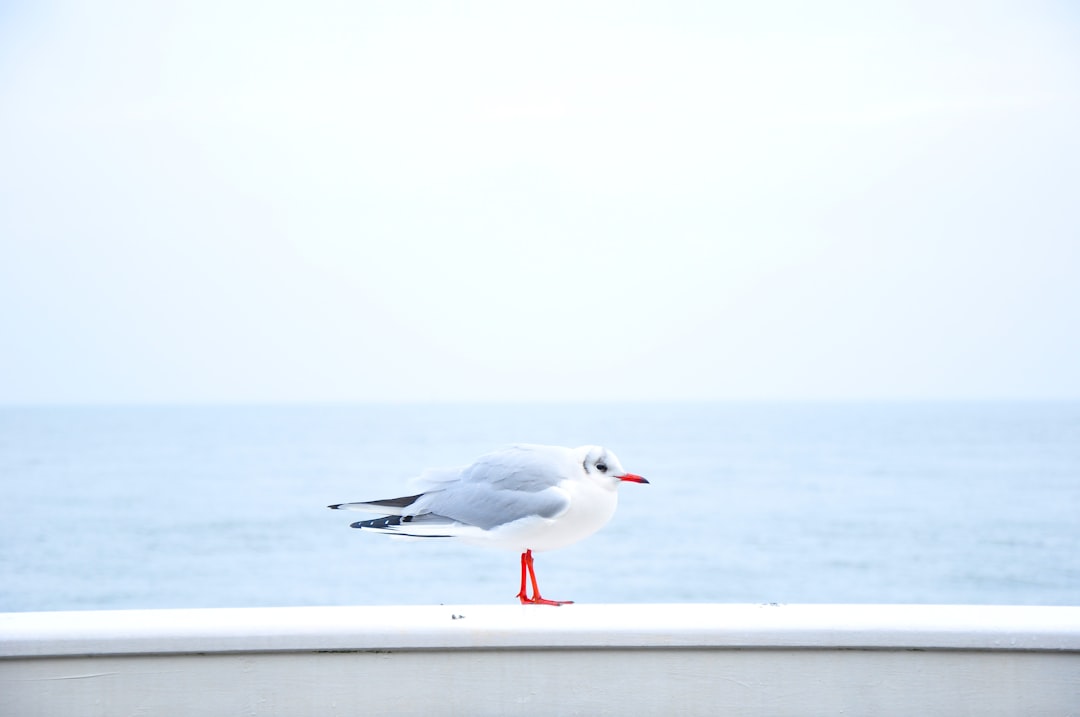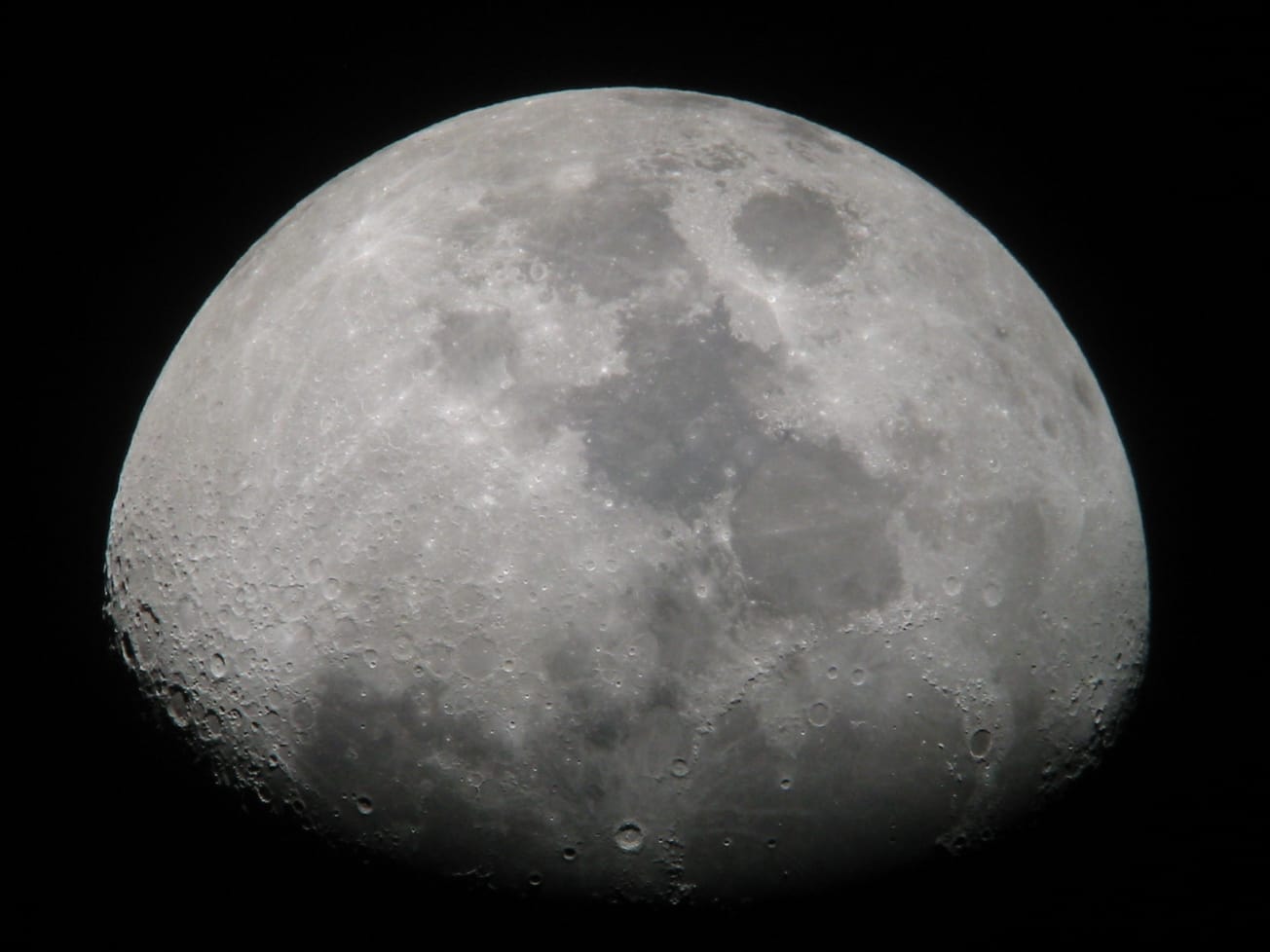Imogen Robertson discusses the problem posed by plastic pollution as well as potential solutions and a positive outlook on the future.
The 21st century, as with every century since the dawn of society, is awash with a plethora of human conflict and political struggles. However, we are now faced with a problem that the battling cavemen could never have anticipated – one on a scale that transcends the human concepts of economy, geographical borders and government. That problem is plastic pollution, and it is one that has the potential to put the entire natural world out of business unless we each pull our weight to turn the situation around.
Has the potential to put the entire natural world out of business.
Public awareness about the horrendous effect of plastic pollution on our environment is on the rise. We can no longer turn a blind eye towards the impact that non-biodegradable human waste is having on the planet – it’s literally everywhere: in the news, countless documentaries, and also our everyday lives. Bottles and sandwich bags line the edges of rivers, tiny coloured pellets mimic grains of sand on the beach, and dogs swallow shards of plastic containers. It is common knowledge that a plastic bottle can take 500 years to biodegrade, yet it is difficult to make the link between our purchases and the rubbish floating in Blue Planet’s oceans. The ease with which we humans are able to neglect individual responsibility, combined with the refusal of product industries such as supermarkets to rigorously regulate what they stock, is leading the human race swiftly down the path of self-destruction.
Photo by Hermes Rivera / Unsplash
Plastic harms the environment (and subsequently us) in multiple ways. The most conspicuous effect is the visible litter that is killing animals worldwide, but the impact extends far beyond turtles being drowned and seagulls choking on toothbrushes. Most plastic is manufactured using chemicals derived from fossil fuels, the burning of which releases toxic pollutants into the air. Breathing these in can cause an array of serious health problems including cancer. Burning plastic also produces fumes. It doesn’t stop there: chemicals bleed from the contents of landfills buried deep within the soil. They seep into groundwater then trickle into rivers and pour into the oceans, pervading every branch of nature as they go, from the water we drink to the stomachs of deep sea creatures. We learned from Blue Planet II that bioaccumulation has led to dolphins inadvertently poisoning their calves through their contaminated milk. Photodegradation due to light exposure breaks plastic down into toxic particles, a process that is not reserved solely for the outdoors. How long has your water bottle been sitting on the windowsill? With the amount of plastic that we produce and discard on a daily basis, the damage that we are causing is immeasurable.
Photo by davide ragusa / Unsplash
Even so, the question of why supermarkets use plastic in the first place is not difficult to answer. It is cheap, durable, easy to produce, and can increase the shelf life of perishable products. Since it was first mass produced in the 1940s, it has been integrated into almost every industry - so swiftly, in fact, that we have woken up to the repercussions in a world where there is no avoiding it. Unlike buying organic dairy or Fairtrade coffee, I cannot choose to buy a bag of pasta in Sainsbury’s or Tesco that is not in a plastic packet. Nor can I buy loose spinach leaves. Or a bamboo toothbrush. There needs to be a radical shift in the materials supermarkets use for their products and packaging, and while I firmly believe that the forces stocking the shelves have a fundamental duty to initiate the leap, this urgent transition will not occur at a fast enough rate unless there is considerable pressure from the consumers.
I cannot choose to buy a bag of pasta in Sainsbury’s or Tesco that is not in a plastic packet.
With our cumulative wallets we dictate the future of the Earth, and for this reason we must ensure that our distracted eyes and hurried hands do not rest on products that, when they eventually leave our homes in big black bags, play a part in the demise of the environment. Shopping bags are a place to start; fold-away reusable bags can be purchased in most supermarkets. If you don’t have a local grocery store, you can still avoid choosing packaged vegetables in the supermarket. A glass bottle of olive oil may be slightly more expensive but at least it can be recycled. Explore local businesses – my housemate recently introduced me to a great shop on Gloucester Road called Scoopaway where you can bring your own containers to fill up from huge barrels of dry foods such as sugar, flour, spices, nuts and pasta. If we make conscious decisions about what we buy and where we buy it from, we can shift the consumer market.
The truth is that we all live on the same planet, and without clean water, unpolluted air and thriving ecosystems, we will go down with it. But, just as the accumulation of individual sandwich bags can saturate an ocean, so can our actions as individuals be combined to create impact enough to mend our mess. Think about where you spend your money – cast your vote to save our home.
*Featured image: Epigram/ Imogen Robertson











